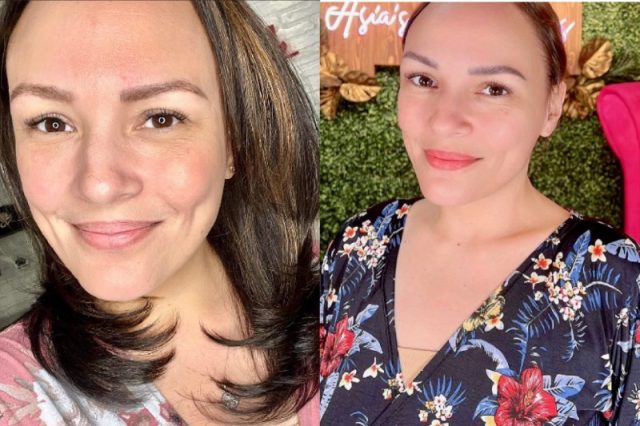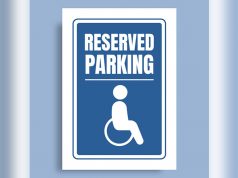Not all disabilities are visible.
This was the message that veteran actress Matet de Leon hoped to convey to the public after she was shamed for using the priority lane designated for persons with disabilities (PWD) at a supermarket.
In a social media post, Matet disclosed that she was diagnosed with bipolar disorder, thus making her a PWD.
She recalled an incident when she decided to take the PWD lane at a supermarket after noticing no line there at that time.
A woman, however, asked the actress to switch lanes.
“Kaya pala pinag titinginan ako kanina sa isang supermarket. Kinalabit pa ako ng isang babaeng yayamanin at pinapalipat ng lane. Hiyang hiya ako. Pati sa sarili ko. Pumila kasi ako sa PWD lane. Wala akong kasunod na senior o may visible disability kaya nag decide ako na doon na pumila. Kung saan ako dapat,” the former child star further recalled.
This incident prompted Matet to make Filipinos aware that mental illness is also a “disability” for people who have it.
“Sana huwag nang pabigatin pa ng iba.. Sana huwag nang paabutin pa sa kailangan na naming isabit sa leeg namin mga id namin.. Kaloka,” she said.
She also expressed dismay at the prevailing mental health stigma among Filipinos.
“Ang hirap ng kalagayan naming may mental health issues na hindi nakikita ng iba.. Sanay sila na ang may mental illness, nagtutulo ng laway o nagsasalita mag isa. Sana sa lahat ng makakabasa nito, mag ingat,” Matet wrote.
She ended her post with a reminder to other PWDs when lining up in their dedicated lanes.
“At sa mga kagaya ko, na kaya naman magtiis ng sandali, paunahin ang matatanda at yung talagang makikita ninyong hirap nang pumila. Yun lang,” Matet said.
View this post on Instagram
A blogger named Your Millennial Psychologist reacted to this. He thanked Matet for her insightful post on mental health as a disability.
“Maraming salamat, Ms. Matet. Hopefully, mas maraming tao ang maging aware na hindu lahat ng disability ay visible,” his post reads.
In the comments section of Matet’s Facebook post, Filipinos also shared experiences of being turned away or discriminated against for availing PWD services. Some of them said they have mental health conditions while others have hearing problems.
Under Republic Act 10754, PWDs are people who “have long-term physical, mental, intellectual or sensory impairments which in interaction with various barriers may hinder their full and effective participation in society on an equal basis with others.”
The National Institute of Mental Health defines bipolar disorder as “a mental illness that causes unusual shifts in a person’s mood, energy, activity levels, and concentration. These shifts can make it difficult to carry out day-to-day tasks.”
There are three known types of this disorder. They are bipolar I disorder, bipolar II disorder, and cyclothymia.










